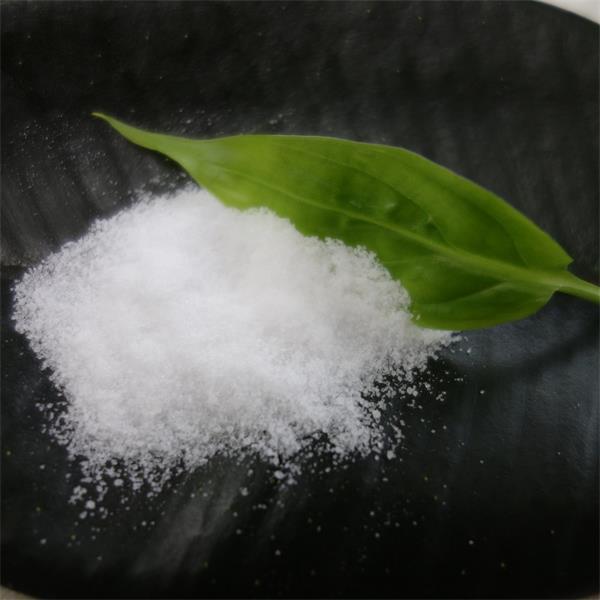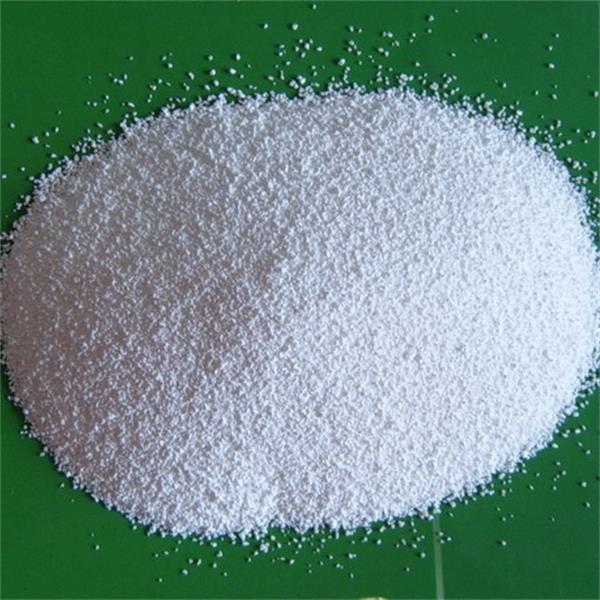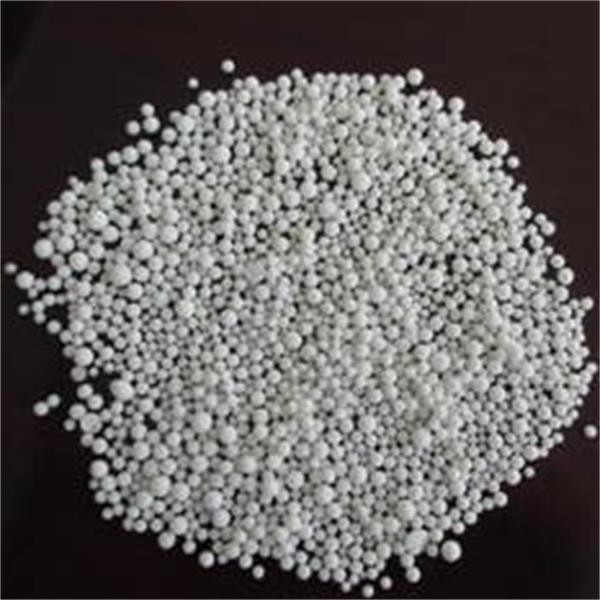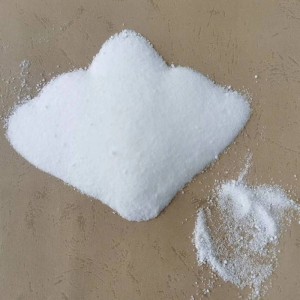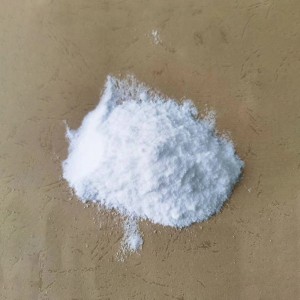Potassium Nitrate in Potassium Fertilizers

Growers value fertilizing with KNO₃ especially in conditions where a highly soluble, chloride-free nutrient source is needed. In such soils, all of the N is immediately available for plant uptake as nitrate, requiring no additional microbial action and soil transformation. Growers of high-value vegetable and orchard crops sometime prefer to use a nitrate-based source of nutrition in an effort to boost yield and quality. Potassium nitrate contains a relatively high proportion of K, with an N to K ratio of approximately one to three. Many crops have high K demands and can remove as much or more K than N at harvest.
Applications of KNO₃ to the soil are made before the growing season or as a supplement during the growing season. A diluted solution is sometimes sprayed on plant foliage to stimulate physiological processes or to overcome nutrient deficiencies. Foliar application of K during fruit development advantages some crops, since this growth stage often coincides with high K demands during the time of declining root activity and nutrient uptake. It’s also commonly used for greenhouse plant production and hydroponic culture. can be used as base fertilizer, top dressing, seed fertilizer and raw materials for compound fertilizer production; widely used in rice, wheat, corn, sorghum, cotton, fruits, vegetables and other food crops and economic crops; widely used in red soil and yellow soil , Brown soil, yellow fluvo-aquic soil, black soil, cinnamon soil, purple soil, albic soil and other soil qualities.
Both N and K are required by plants to support harvest quality, protein formation, disease resistance and water-use efficiency. Therefore, to support healthy growth, farmers often apply KNO₃ to soil or through the irrigation system during the growing season.
Potassium nitrate is primarily used where its unique composition and properties can provide specific benefits to growers. Further, it’s easy to handle and apply, and is compatible with many other fertilizers, including specialty fertilizers for many high-value specialty crops, as well as those used on grain and fiber crops.
The relatively high solubility of KNO₃ under warm conditions allows for a more concentrated solution than for other common K fertilizers. However, farmers must carefully manage the water to keep the nitrate from moving below the root zone.






